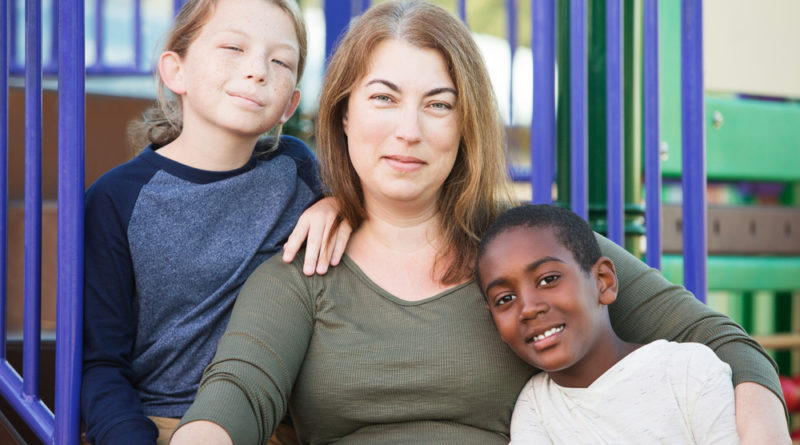5 Things You Should Never Say to an Adoptive Child
Adopted children can face a unique uncertainty that may be hard to see. Depending on the individual, it is not uncommon for these children to feel disconnected or unsure about themselves. When interacting with adults, some questions or statements may feel confusing or even hurtful, regardless of the parent or teacher’s intention.
5 Things You Should Never Say To An Adoptive Child
Today, there are a wide variety of ways to adopt a child. A triad adoption is a situation where the birth mother and future parents agree to have the birth mother involved in their child’s life. Enlightened adoption agencies keep a child’s record on file for the possibility of reunification. Some adoptions happen after hosting a child from foster care. With so many different paths to take, it may be difficult to remember that not all children feel comfortable about their role in the family.
1.) “You’re so lucky.” While this may be said to make a child feel special, it can add a layer of guilt. It is often scary for a child (or an adult) to feel as if their life depends upon another person. Being considered “lucky” implies the child may not be worth their new parents or that their security in the family depends on what they can accomplish. Instead of saying “you’re so lucky”, focusing on a trait that the child does well can be much more helpful.
2.) “That’s all in the past.” When an adopted child wants to talk about his or her previous experiences before adoption, it’s important to listen. Changing the subject can be confusing and may feel as if it never happened or wasn’t important. Many adopted children do have a previous life before meeting their new parents. This part of their life is also part of them.
3.) “You’re just different from the others.” This phrase, especially from a parent, can feel alienating instead of comforting. Even if it is meant with the best of intentions, being inclusive can foster more confidence. If this statement is made to help them understand a blended family, it could be framed as “our family has a different style”, rather than singling the child out.
4.) “I love you just as much as your siblings.” As a parent, this phrase can seem loving and perhaps even necessary. Unless the child specifically asks whether they are loved as much as other children in the family, the sentiment should be expressed in a different way. Including all children on outings or buying the same types of birthday or celebration presents can show that the family works as a unit.
5.) “You were saved.” Regardless of who says this, this statement is likely to provoke guilt. Many children who are adopted are aware of others who were not. This can cause a sense of “survivor’s guilt” where the child does not understand what he or she did to deserve their parents.
Not Saying Anything At All
Some parents choose not to tell their children they were adopted. This is a decision that is often considered a personal issue between parents. Depending on the family, some parents may explain the adoption once their child turns 18. Others may explain the process early on, allowing the child to digest what’s been said over time.
Many people prefer telling their adopted child from an early age because it gives the child lots of time to ask questions. Adoption may impact the child’s life in a consistent way even if she or he is not told anything about it. If a parent has adopted a child that does not look like either parent, this can be worrisome to children. If other people notice, the question of “belonging” is more likely to stick throughout childhood and into adolescence.
By keeping the adoption a secret from the child, some parents feel more secure with their attachment. There is often a real worry that if their child knows they have other parents, finding them would become a priority. The fear of which parent is the “real” parent can potentially damage trust.
Adopted Attitudes
The structure of many families has changed over the course of several decades. Adopted children, step children, half siblings, and the nuclear family are all possible. By understanding culture and how attitudes and sensitivities change, adults can help adopted children to feel more secure in their place in the world.


